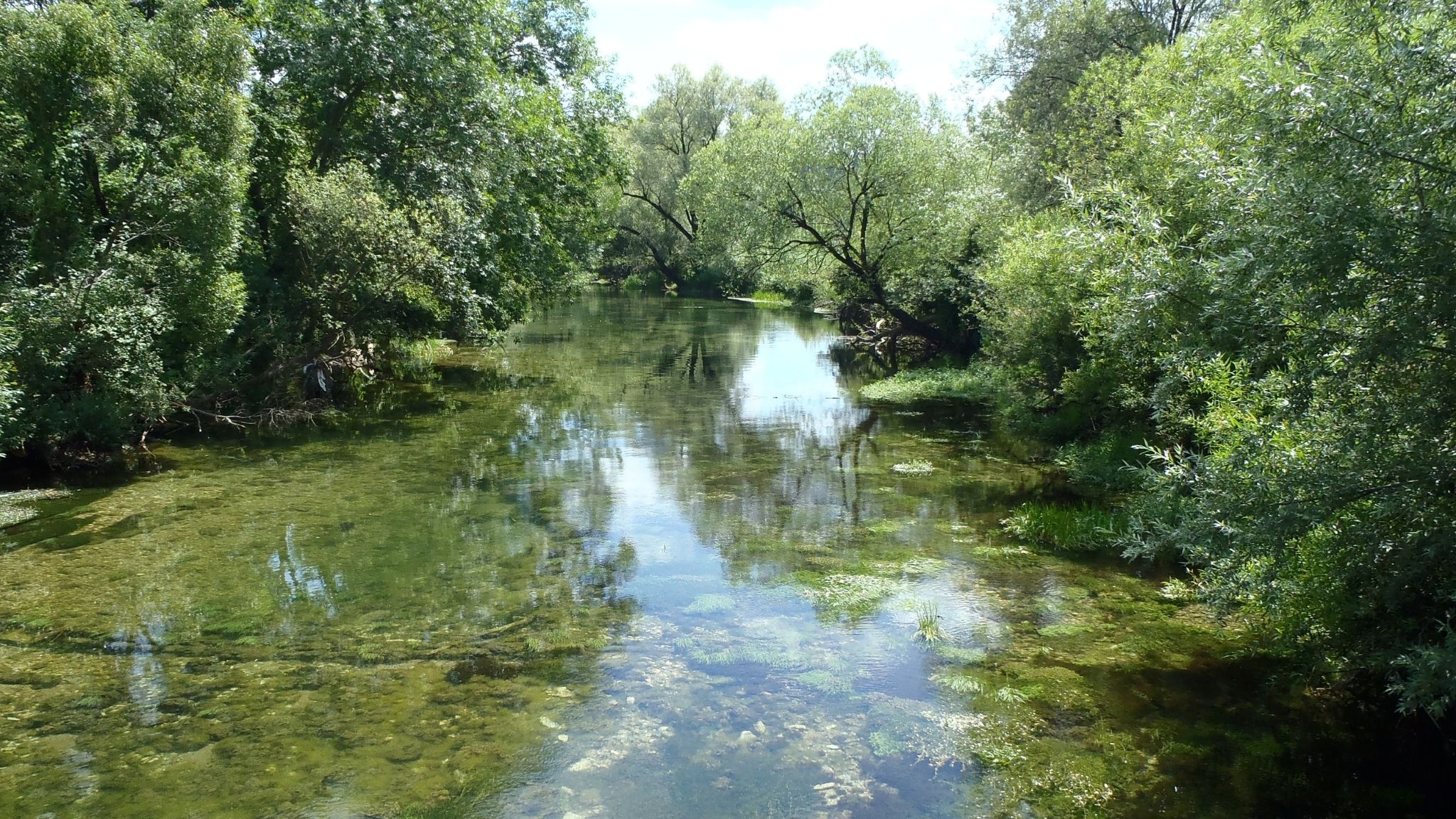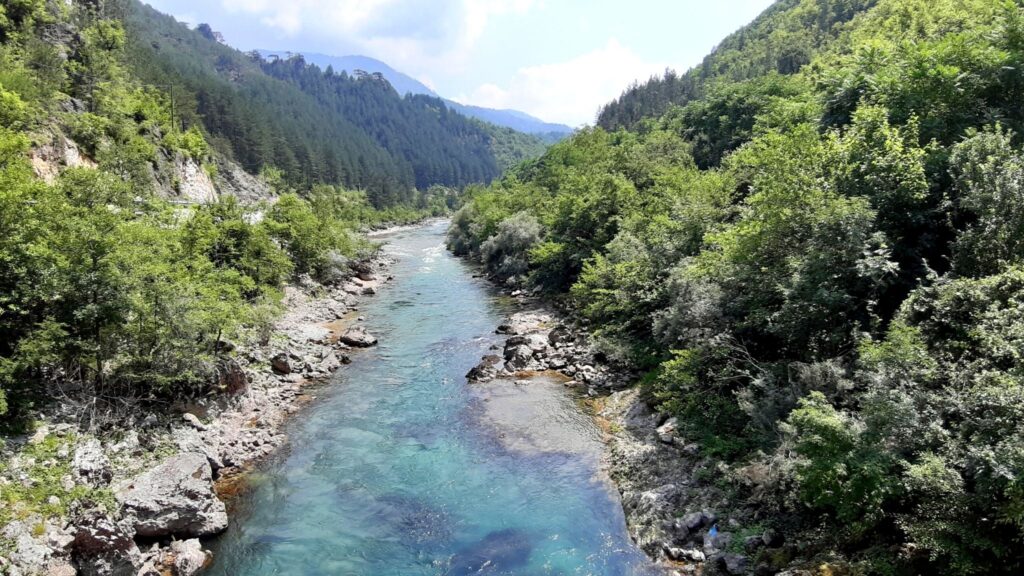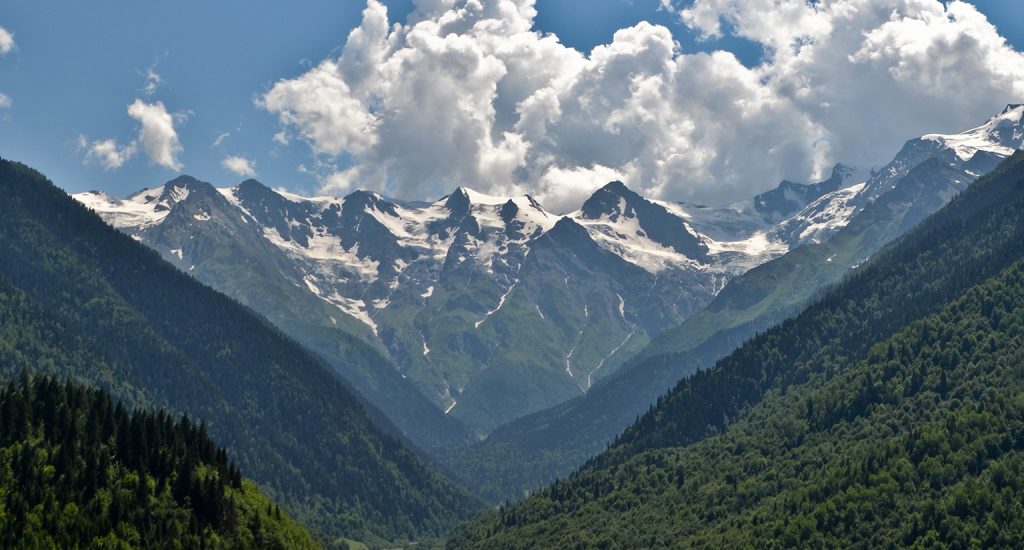The countries of the Energy Community Treaty have diverse energy mixes, but hydropower has traditionally played a strong role in many of them. Albania is almost completely reliant on dams for its domestic electricity generation, followed by Georgia with an average of 80 per cent of electricity generated by hydropower and Montenegro with an average of 55 per cent.

Stay informed
We closely follow international public finance and bring critical updates from the ground.
Background
The countries of the Energy Community Treaty have diverse energy mixes, but hydropower has traditionally played a strong role in many of them. Albania is almost completely reliant on dams for its domestic electricity generation, followed by Georgia with an average of 80 per cent of electricity generated by hydropower and Montenegro with an average of 55 per cent.
But what started as a strength is becoming a liability. More and more erratic rainfall is exposing how vulnerable hydropower is to climate change, while its damaging impacts on biodiversity, groundwater and sediment transportation are becoming better understood.
This has not stopped decision-makers’ zealous plans to develop the sector, including in countries like Ukraine hydropower has not traditionally played a major role. Decades-old projects are still being pushed against all economic and environmental logic, while a rash of small hydropower plants driven by feed-in tariff schemes has destroyed rivers and streams across southeast Europe.
The good news is that there are alternatives, with lower costs for the environment and also, increasingly, for the public purse, and that resistance to the unnecessary destruction of life-giving rivers is increasing day by day.
IN FOCUS
Latest news
Kambarata hydropower project: greater scrutiny from international banks is needed
Blog entry | 19 December, 2025Kyrgyzstan is promoting the massive 1,860 MW Kambarata-1 Hydropower Plant (HPP) as a solution to its ongoing energy crisis. The project, a joint effort with Uzbekistan and Kazakhstan on Naryn River, is actively seeking funding from international financial institutions like the World Bank, the European Bank for Reconstruction and Development (EBRD) and the European Investment Bank (EIB).
Read moreAlbania’s Skavica dam can’t get off the ground – time to finally cancel it!
Blog entry | 24 November, 2025The highly damaging hydropower project could hardly have had stronger political support at its inception, with the country’s parliament passing a special law in 2021 to appoint U.S. construction giant Bechtel as the main contractor. But four years later, the project has stagnated, with no environmental permit and no financing.
Read moreRomania’s Parliament paves the way for environmental destruction and ‘foreign agent’ repression
Blog entry | 20 October, 2025Romania stands at a dangerous crossroads. Last week, a law initiated by the senator Daniel Zamfir in 2022 and already then rejected by the Senate, passed by a crushing majority (262–33) in the decisive Deputies Chamber.
Read moreRelated publications
Destroying future NATURA 2000 sites in the Balkans. The European Commission’s role in steering the EBRD’s investments
Advocacy letter | 1 March, 2012 | Download PDFThe letter complains about the EU’s negligence of its shareholder role in the European Bank for Reconstruction and Development and its lack of scrutiny of two recently approved projects that are set to contravene EU principles and standards: the Ombla hyrdopower plant in Croatia and the Boskov Most HPP in Macedonia.
Confirmatory application regarding disclosure of results of the interservice consultation for Ombla hydropower plant
Official document | 29 February, 2012 | Download PDFThe EBRD’s Board of Directors approved the Ombla hyrdopower plant project on 22 November 2011, before an assessment had been carried out regarding the project’s impact on a proposed Natura 2000 site. In addition the project is being carried out on the basis of an Environmental Impact Assessment study from 1999, whose content may not fully reflect the requirements of EU legislation in this area.
Letter: European Commission should make use of its shareholder role in the EBRD
Advocacy letter | 28 February, 2012 | Download PDFA look at the European Bank for Reconstruction and Development’s investments in the Ombla hydropower plant in Croatia and the Boskov Most plant in Macedonia reveals that the EU does not make full use of its shareholder role in the Bank and allows approval of the projects that contravene EU principles and standards. Read more on our blog:




